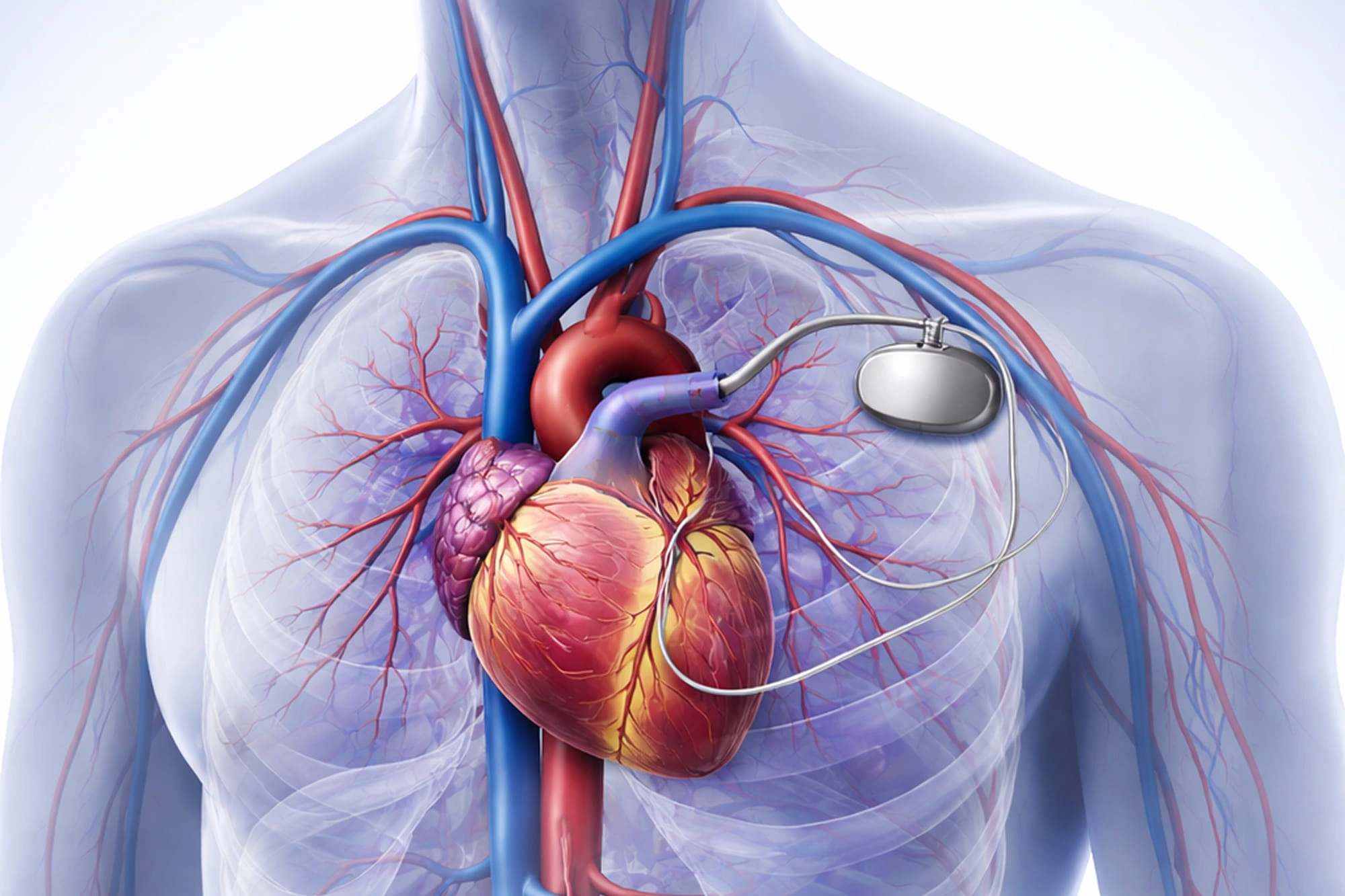
What Is the Purpose of a Pacemaker? A Simple Guide for Patients

A pacemaker is a small, sophisticated device that plays a vital role in correcting heart rhythm disturbances. For individuals dealing with bradycardia or other electrical issues of the heart, it offers a dependable way to maintain a steady heartbeat. By supporting the heart's electrical signals, a pacemaker improves circulation, enhances energy levels, and can prevent serious complications. This article explores what a pacemaker does, why it's necessary, and how it enhances the lives of patients receiving care at a trusted cardiology hospital in Chennai.
How the Heart’s Electrical System Functions
The heart relies on a natural electrical system that controls the timing of heartbeats. This electrical signal begins in the sinoatrial (SA) node, which acts as the heart’s natural pacemaker. From there, the impulse travels through the heart muscle, prompting the chambers to contract and pump blood efficiently.
In certain individuals, this natural pacing system becomes unreliable. The heart might beat too slowly, too quickly, or with irregular patterns. These disruptions can result in symptoms such as dizziness, fatigue, fainting, or chest discomfort. When these issues interfere with daily activities or threaten health, a pacemaker may be recommended to restore a normal rhythm.
How a Pacemaker Works
A pacemaker is a small electronic device implanted just beneath the skin, typically near the collarbone. It is connected to the heart by one or more leads that monitor the heart’s rhythm. When the pacemaker detects an abnormality, such as a heartbeat that is too slow, it delivers electrical pulses to prompt the heart to beat at the correct pace.
The device does not take over the heart’s function entirely. It activates only when the heart's rhythm deviates from the desired rate. Advanced pacemakers can also adapt to physical activity, ensuring the heart beats faster during exercise and slower during rest, closely mimicking the heart’s natural rhythm.
When Is a Pacemaker Required?
Doctors usually recommend a pacemaker for people experiencing certain types of arrhythmias, such as bradycardia or heart block. These conditions result in a heartbeat that is too slow or pauses unexpectedly, which can reduce the supply of oxygen-rich blood to the body.
Symptoms like lightheadedness, frequent fainting, and persistent tiredness often indicate the need for further testing. Diagnostic tools such as ECGs, Holter monitors, and electrophysiological studies help determine if the heart’s electrical activity requires pacing support.
The Implantation Procedure and Recovery Process
Implanting a pacemaker is a relatively simple surgical procedure, typically performed under local anesthesia. The device is positioned under the skin, and the leads are guided through veins into the heart. Most patients can return home within 24 hours after the procedure.
Following the implantation, patients are advised to avoid heavy lifting and strenuous activity for a few weeks to allow proper healing. The incision site should be kept clean and dry. Follow-up appointments are necessary to ensure the pacemaker is functioning well and to check battery levels. Depending on usage, the pacemaker battery generally lasts between seven and fifteen years.
Adapting to Life with a Pacemaker
Many patients experience an improvement in their overall well-being after receiving a pacemaker. Energy levels often increase, and symptoms like dizziness or fatigue decrease. Most individuals return to normal activities, including exercise, travel, and work, shortly after recovery.
While the pacemaker is designed to be safe around most household electronics, patients should avoid strong electromagnetic fields, such as those produced by industrial machinery or MRI scanners, unless the pacemaker is MRI-compatible. Patients are encouraged to carry a pacemaker ID card and inform medical professionals about the device before undergoing any diagnostic tests or procedures.
Why Cardiology Hospitals in Chennai Are Preferred
Access to skilled cardiac care is essential when dealing with heart rhythm problems. A leading cardiology hospital in Chennai offers advanced diagnostics, skilled electrophysiologists, and cutting-edge facilities for pacemaker implantation and management.
From initial evaluation to long-term care, patients benefit from personalized treatment and expert follow-up. Choosing a center with a strong reputation ensures safety, accuracy, and patient-focused support throughout the process.
Conclusion
A pacemaker helps regulate heart rhythm and prevents the complications of an irregular or slow heartbeat. For patients facing electrical heart conditions, this device offers a reliable solution to improve quality of life and support cardiovascular health. With expert care from a recognized cardiology hospital in Chennai like Sundaram Medical Foundation (SMF), patients can be assured of comprehensive, compassionate, and advanced cardiac care. Early diagnosis and timely intervention are key to managing heart rhythm disorders, and a pacemaker often becomes the cornerstone of that journey.

